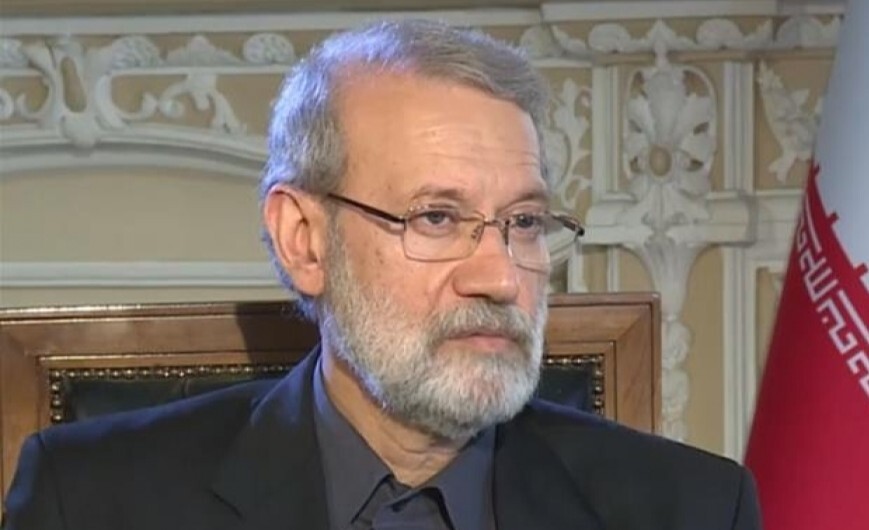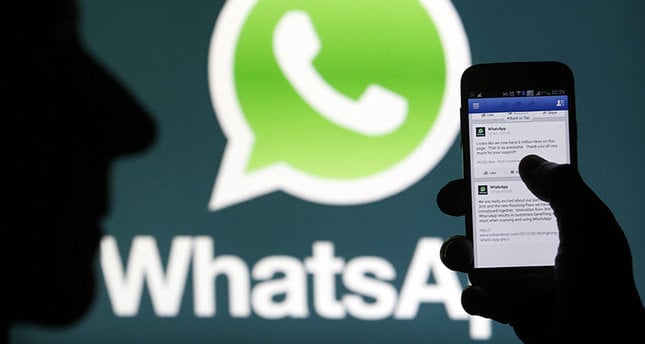The widespread use of smartphones among children has sparked a heated debate about the impact of these devices on their lives. While some argue that smartphones are a blessing, providing numerous benefits and opportunities, others believe they are a curse, posing significant risks to children's physical, emotional, and social well-being. In this article, we will delve into the pros and cons of smartphone use among children, examining the evidence and expert opinions to determine whether smartphones are a blessing or a curse for the younger generation.
One of the primary benefits of smartphones for children is the sense of safety and security they provide. With a smartphone, children can quickly and easily communicate with their parents, guardians, or caregivers in case of an emergency. This can be especially important for children who walk to school, participate in extracurricular activities, or engage in outdoor activities. Additionally, smartphones offer children access to a wealth of information, enabling them to access educational resources, learn new skills, and stay informed about current events. Furthermore, smartphones can be a valuable tool for learning, with many educational apps and games designed to promote cognitive development, literacy, and numeracy skills.
On the other hand, excessive smartphone use can lead to addiction, with children spending hours engaged in screen-based activities, potentially negatively impacting their physical and mental health. The blue light emitted by smartphones can also interfere with children's sleep patterns, leading to sleep disturbances, fatigue, and related health problems. Moreover, smartphones can expose children to online risks, including cyberbullying, online predators, and inappropriate content. While smartphones can facilitate social connection, they can also contribute to social isolation, as children spend more time interacting with screens and less time engaging in face-to-face interactions.
While smartphones can be a valuable tool for children, it is essential to acknowledge the potential risks associated with their use. Parents, caregivers, and educators must take a balanced approach, ensuring that children use smartphones responsibly and in moderation. This can be achieved by setting clear boundaries and guidelines for smartphone use, regularly monitoring children's usage, educating them about online safety and digital citizenship, and promoting a balance between smartphone use and other activities. By adopting such an approach, we can ensure that smartphones are a blessing, rather than a curse, for the younger generation.
In conclusion, the impact of smartphones on children is a complex issue, with both benefits and drawbacks. While smartphones offer numerous advantages, they also pose significant risks. By acknowledging these risks and taking a balanced approach to smartphone use, we can harness the benefits of these devices while minimizing their negative effects. Ultimately, it is up to parents, caregivers, and educators to ensure that smartphones are used in a way that promotes the well-being and development of children. By working together, we can create a safe and healthy environment for children to grow and thrive in a world where smartphones are an integral part of daily life.






















































